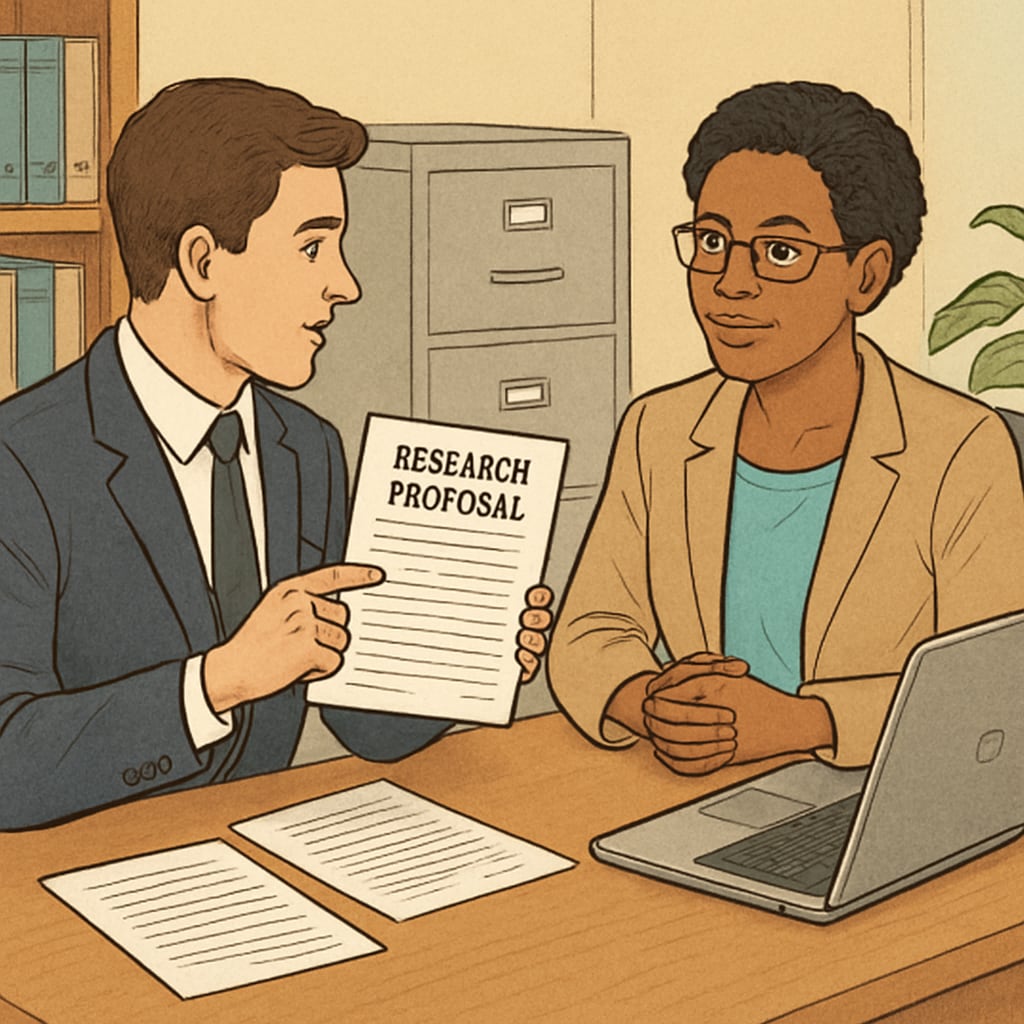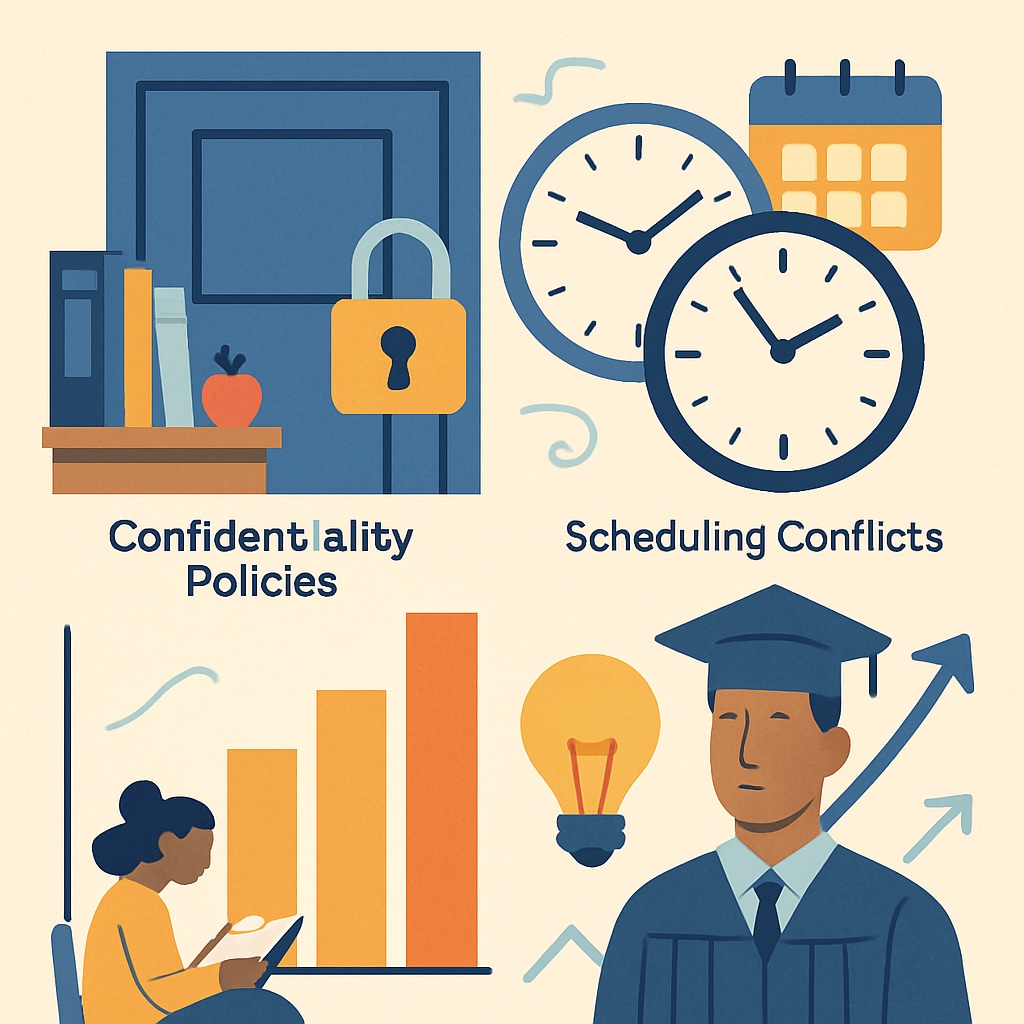The process of conducting “school consultation, research assignments, counselor interviews” is often fraught with challenges for graduate students. This struggle stems from systemic barriers within the education system, limited accessibility to school counselors, and logistical hurdles in arranging interviews. As a result, bridging the gap between academic research and practical school experiences becomes crucial for meaningful collaboration. This article delves into these challenges, analyzes their root causes, and presents actionable strategies to overcome them.
Understanding the Disconnect Between Researchers and School Counselors
Graduate students frequently face obstacles when attempting to connect with school counselors for research purposes. These challenges arise from multiple factors, including limited availability of counselors, concerns over confidentiality, and institutional policies that restrict external inquiries. For example, many schools prioritize counselors’ time for addressing student needs rather than accommodating external research requests.
Additionally, graduate researchers might lack clarity in how to approach counselors professionally. Miscommunication or unclear objectives can lead to reluctance among counselors to participate in interviews. As a result, researchers may experience delays or even fail to gather the necessary data.

Systemic Barriers in Education and Their Impact on Research
The education system often operates within a rigid framework, posing barriers to external collaboration. School counselors, as integral members of this system, are bound by institutional policies that emphasize student confidentiality and prioritize immediate school needs. These policies can inadvertently create a disconnect between academic researchers and education professionals.
Moreover, logistical challenges such as scheduling conflicts, lack of incentives for counselors to participate, and varying levels of openness across institutions further compound the issue. According to Britannica’s overview of education systems, these systemic restrictions often hinder innovation and collaborative efforts between academia and schools.

Strategies to Foster Collaboration Between Graduate Researchers and Counselors
Despite these challenges, several strategies can enhance collaboration and create a more conducive environment for academic research. Below are some actionable approaches:
- Building Trust: Graduate researchers should establish clear communication and trust by sharing their research objectives and ensuring confidentiality for counselors and schools.
- Leveraging Professional Networks: Universities can facilitate connections by creating partnerships with schools, allowing researchers easier access to counselors.
- Flexibility in Scheduling: Researchers should accommodate counselors’ busy schedules and offer flexible interview timings.
- Providing Mutual Benefits: Offering counselors insights from the research or resources that benefit their practice can incentivize participation.
- Utilizing Technology: Virtual interviews and online surveys can reduce logistical burdens and improve counselor accessibility.
These strategies, combined with institutional support, can significantly improve collaboration between researchers and school counselors. For further insights, you can explore education research on Wikipedia.
Conclusion: Bridging the Gap for Better Educational Outcomes
Graduate students conducting “school consultation, research assignments, counselor interviews” face numerous challenges that stem from systemic barriers and logistical hurdles. However, by proactively building trust, utilizing professional networks, and offering mutual benefits, researchers can foster stronger connections with school counselors. These efforts not only enhance academic research but also contribute to the broader goal of improving educational practices and outcomes.
Ultimately, bridging the disconnect between academia and educational professionals requires collective action from universities, schools, and researchers. Through collaboration, the gap between theoretical knowledge and practical application can be effectively narrowed, benefiting both students and the education system as a whole.


